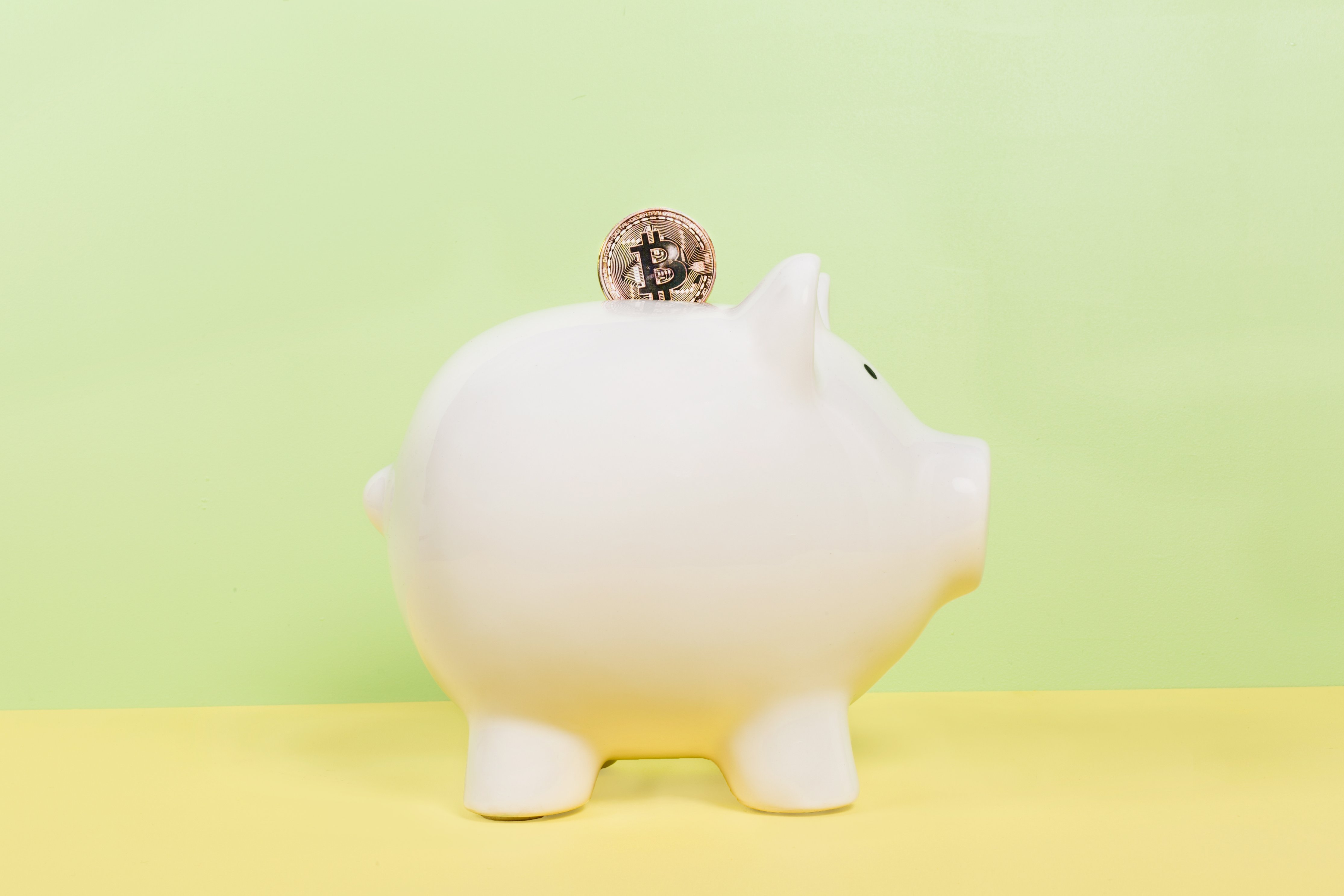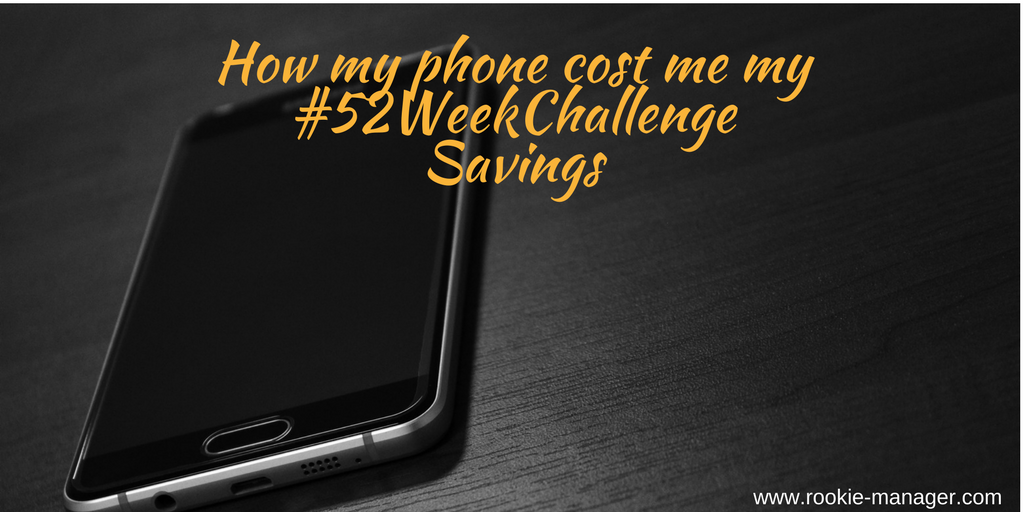Reader Question: Should I Buy Bitcoin?
Three weeks ago I was invited to give a talk at the Technical University’s Rotaract Club Meeting, and during the Q&A, one of the students asked me if I would advise him to buy Bitcoin. He started by giving us a bit of a background about Bitcoin and blockchain technology, which showed that he had invested some time reading up before asking the question. This post was my response to him plus other thoughts I would have shared if I had more time.
Is the question whether to buy, or whether to invest?
If it is the former, I do not have much of an opinion because a decision to buy anything often rests on how much money we have, and the utility or joy the object (or experience) the item will give us. You do not need a reason other than sheer curiosity to buy Bitcoin if you have the money. However, I know the real question here is whether to invest in Bitcoin. We are defining investing as an activity where we put in money and hope to take more than we put in. Should you invest in Bitcoin?
It depends (this is every investment adviser’s favourite answer).
1.What are you investing in? The first rule of investing is to never invest in things you do not understand. Have you taken time to understand what Bitcoin and the other cryptocurrencies really are, beyond the hype? Can you confidently answer the following questions using your own words and not repeating the jargon?
- Is Bitcoin a type of currency like USD, or a store of value like gold?
- What makes it the option you chose above?
- Where does Bitcoin derive its value from?
- What could cause its value to go up, or go down?
- If it remains stagnant at today’s price, what will you gain from holding it?
- Are you buying in the hope that someone will buy it off you at a higher price?
- What is the relationship between blockchain and Bitcoin/cryptocurrencies? Which one derives value from the other?
- How do cryptocurrencies compare to other investments you are considering or would consider?
For all investments, you must be very clear why you are doing it, what could cause you to lose all your money, and how you will realise your returns.
Unfortunately, most enthusiasts I have talked to seem to just repeat jargon to anyone who asks the above questions. If you truly want to make the right decision, you must go beyond the jargon to understand the product, and most importantly how it compares to other things you could be doing with the money.
2.How does Bitcoin compare to other investments? Once you have an understanding of cryptocurrencies, then compare them with other places you could invest your money. For every investment you are interested in, ask the same questions I outlined above. How do cryptocurrencies stack up against your other areas of interest?
3. If you are speculating, be honest about it. There is a big difference between investing and speculating, and this article attempts to differentiate the two. It is important to have clarity on which of the two you are doing because it then educates your strategy. If you are speculating, then you want to speculate with only money you can afford to lose. If you are investing, then capital preservation is the starting point. You want to make sure that at the very least, you will not lose your money.
“Rule number one is never lose money, rule number two is never forget rule number one.”
-Warren Buffett
Concluding with my opinion
Bitcoin (and cryptocurrencies generally) are purely speculative products. Their prices are too volatile for them to be considered currency, so buying in the hope that wide adoption will drive their price upwards is/could be a mistake – a good currency is stable. Most people who are buying them are doing so with the hope that the demand will push their prices up, enabling them to exit.
The second comparison I have heard made is to gold, a store of value. Gold derives its value from scarcity. While there is a finite number of Bitcoin, there isn’t a finite number of cryptocurrencies. Even you can create yours today. As such, there is no reason to believe that cryptocurrencies will with time become more and more valuable.
Finally, cryptocurrencies pride themselves on not being regulated by a Central Bank. However, there are numerous articles online that have extensively investigated price manipulation by Bitcoin exchanges, theft, and even delays in selling to hedge against price gains and losses. This sounds like regulation to me…
Should you invest in cryptocurrencies?
You can speculate if you have the appetite and money you could afford to lose.




